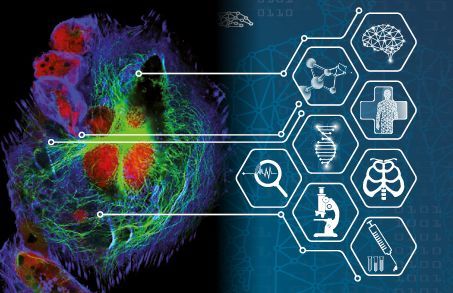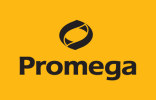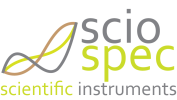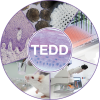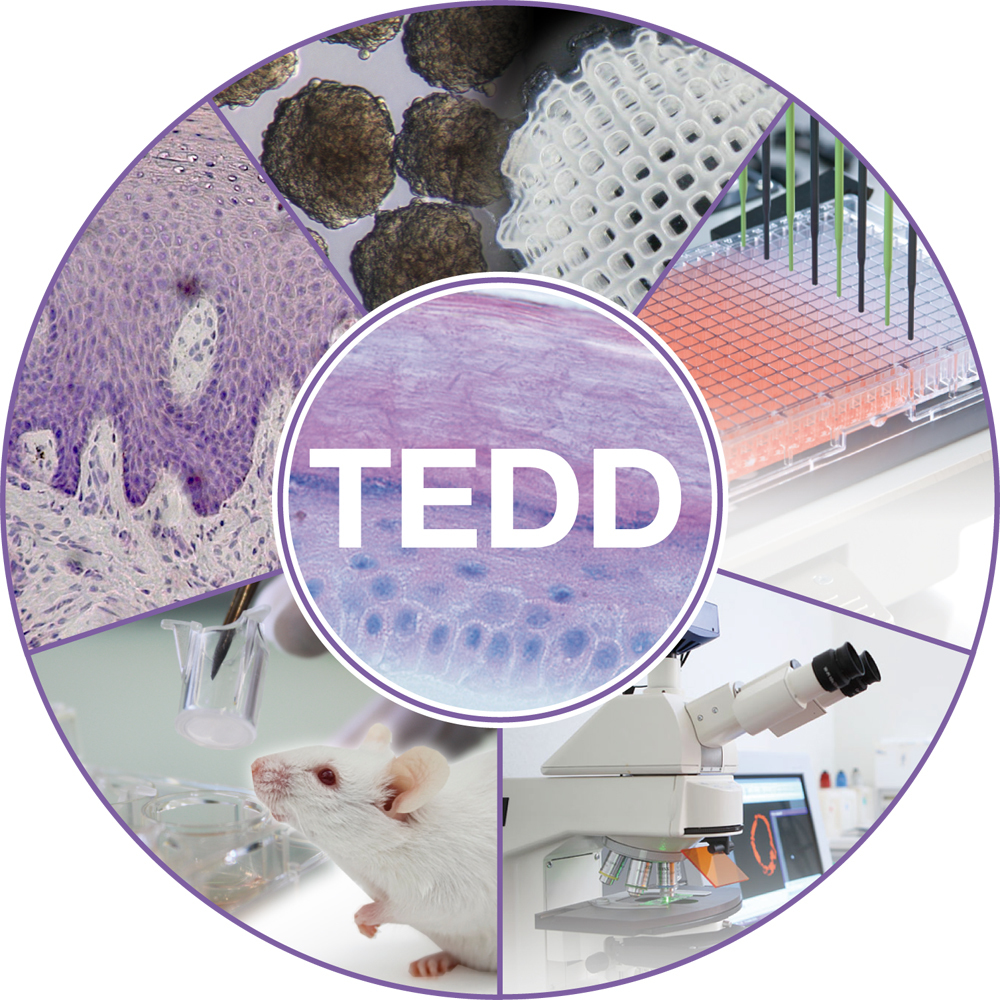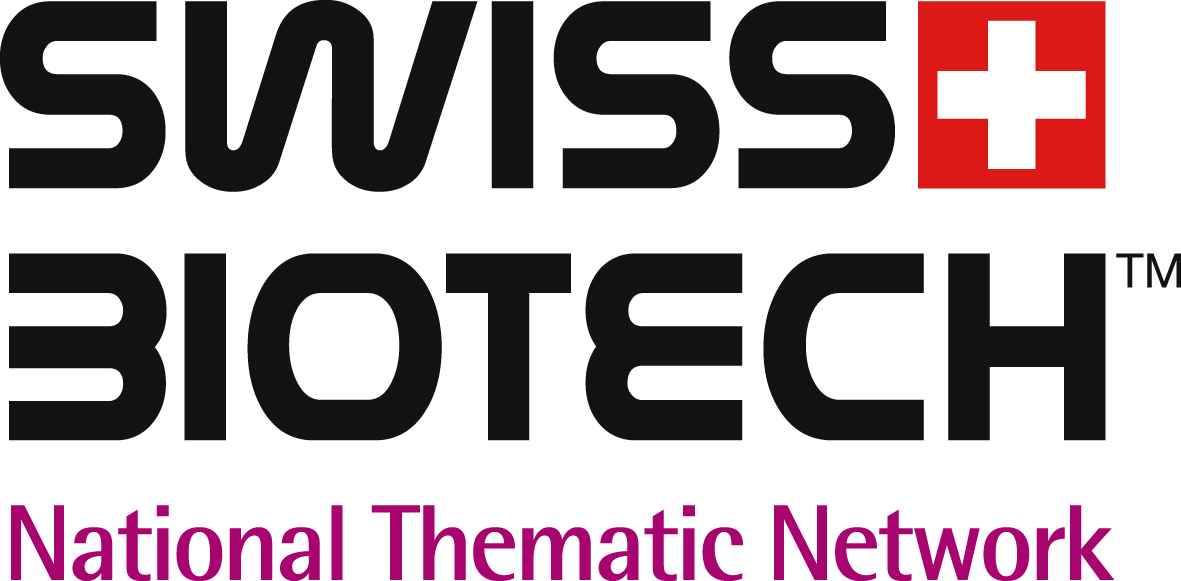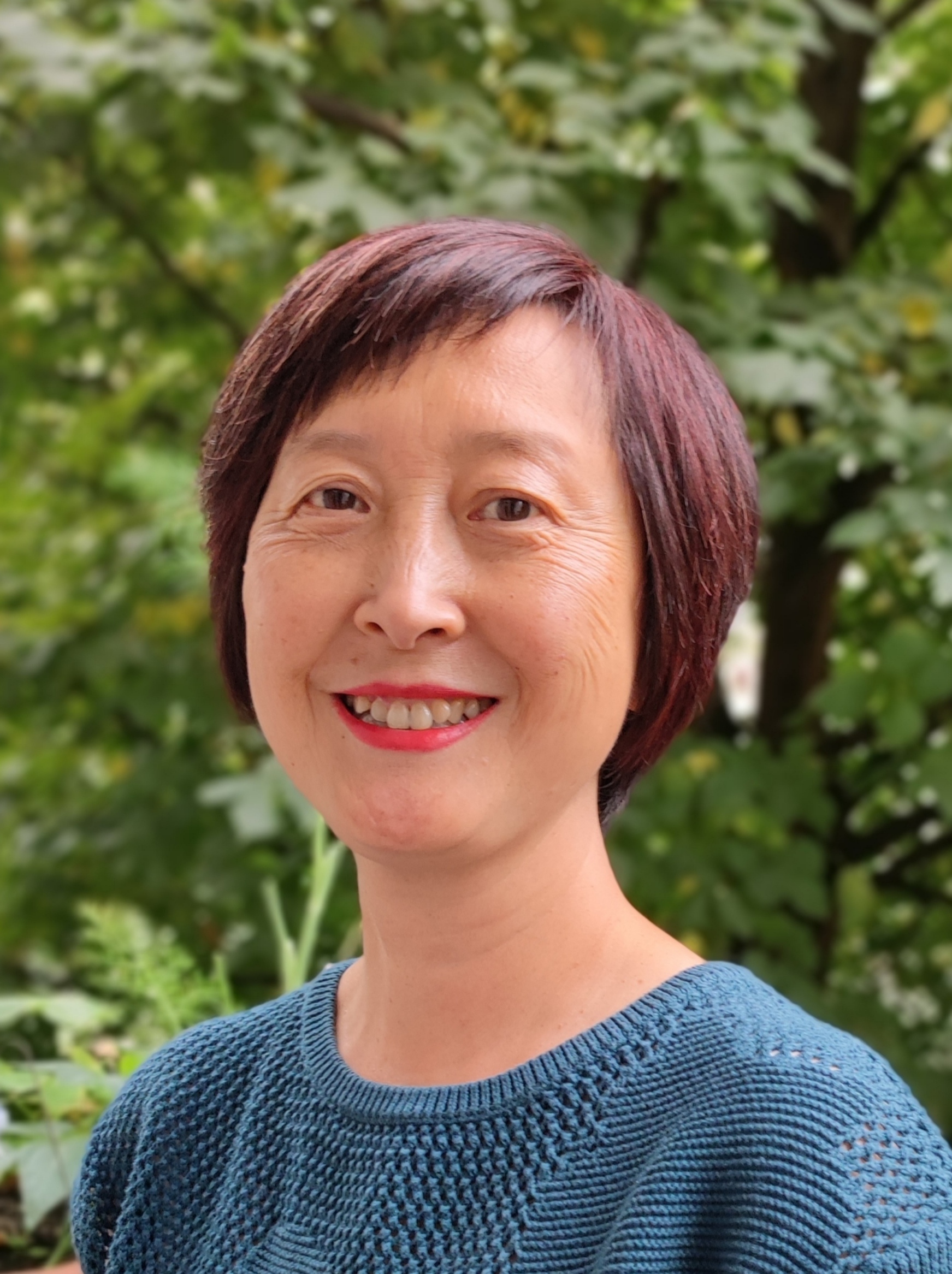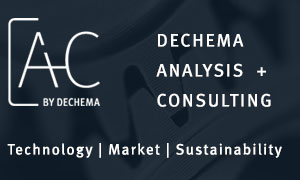Florian Fuchs, NUVISAN ICB GmbH, Berlin/D
Jan Hansmann, Universitätsklinikum Würzburg/D
Hansjörg Hauser, Helmholtz Centre for Infection Research, Braunschweig/D
Cornelia Kasper, University of Natural Resources and Life Sciences, Vienna/A
Jens M. Kelm, PreComb Therapeutics AG, Wädenswil/CH
Uwe Marx, TissUse GmbH, Berlin/D
Tobias May, InSCREENeX GmbH, Braunschweig/D
Ralf Pörtner, Hamburg University of Technology/D
Ina Prade, Forschungsinstitut für Leder und Kunststoffbahnen (FILK) gGmbH, Freiberg/D
Markus Rimann, Zurich University of Applied Sciences, Wädenswil/CH
Heinz Ruffner, Novartis Institutes for BioMedical Research, Basel/CH
Karin Tiemann, DECHEMA e. V., Frankfurt am Main/D

